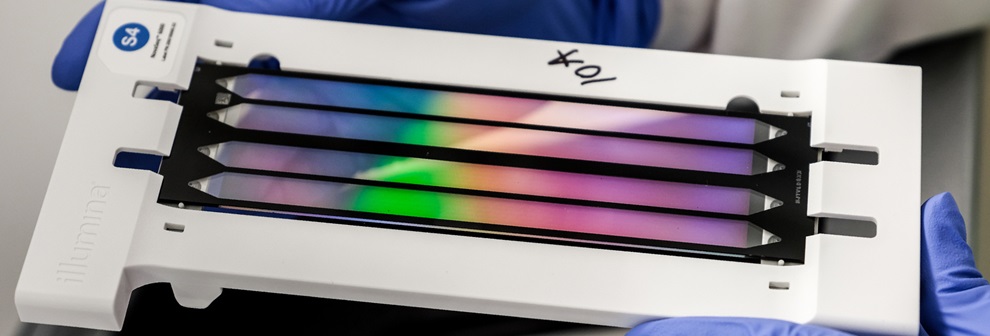Single Genetic Test to Accelerate Diagnoses for Rare Developmental Disorders
Posted on 01 Apr 2024
Alterations in human DNA range from minor single nucleotide variations to substantial alterations involving the deletion or duplication of extensive DNA segments, known as copy number variations (CNVs). While CNVs contribute significantly to human genetic diversity and are often harmless, they can also lead to various neurodevelopmental disorders like Angelman syndrome, DiGeorge syndrome, and Williams-Beuren syndrome. Children suspected of having genetic conditions due to these significant DNA deletions or duplications typically undergo a lengthy diagnostic process that begins with microarray testing and may advance to more comprehensive genome-wide sequencing tests, such as exome or genome sequencing. Detecting CNVs in sequencing data and interpreting them can be challenging for clinical teams, which is why microarrays are commonly employed. Scientists have now created a single approach to identify these structural alterations using data from genome-wide exome sequencing assays.
The findings of the study by researchers from the Wellcome Sanger Institute (Cambridgeshire, UK) along with their collaborators suggest that a genetic test could be capable of replacing the existing dual-step diagnostic approach for identifying rare developmental disorders in children. This advancement could facilitate earlier diagnoses for affected families and save critical healthcare resources. The team reevaluated genetic information from approximately 10,000 families involved in the Deciphering Developmental Disorders study. They devised a single-assay technique that integrates four algorithms using machine learning to examine exome sequencing data.

The team demonstrated for the first time that exome sequencing, which only reads only protein-coding DNA, is equally or more accurate than standard clinical microarrays at identifying disease-causing structural genetic variations. Upon comparing this innovative single-assay method against the usual clinical methods, the researchers found it could accurately identify 305 significant pathogenic mutations, including 91 that were undetectable by standard clinical microarrays previously. These results indicate the potential of this method to replace existing diagnostic procedures, offering quicker, more accurate detection of rare genetic diseases, and potentially leading to significant savings for healthcare systems. However, the implementation of this approach may require additional training for specialists to efficiently generate and analyze the data, according to the researchers.
“We are still learning how large-scale genetic variations impact human health. This study proves that with the right computational methods, a single test can accurately detect them,” said Professor Matthew Hurles, Director of the Wellcome Sanger Institute and senior author of the study.
Related Links:
Wellcome Sanger Institute














